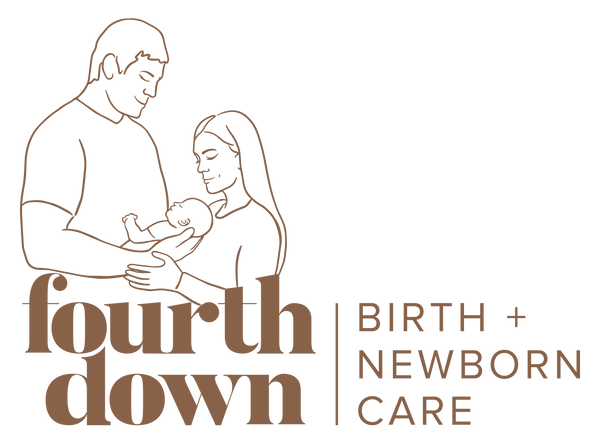Pregnancy is filled with unexpected changes and exciting milestones. As your due date approaches, you may feel a range of emotions, from relief that your pregnancy is almost over to the excited anticipation of your baby’s arrival. There is also likely to be a bit of anxiety about the process, even if you have given birth before. Each labor experience has many unique factors, but being informed about the labor and delivery stages can help you prepare for what's to come.
What to Expect During Labor
As your delivery approaches, you may have questions about what to expect. Learning about the stages of delivery can improve your confidence and get you excited about your little one's arrival. Here's a general idea of what you can expect.
- Early Labor: The first stage of labor is usually the longest, lasting several hours to sometimes days. During this stage, the cervix begins to dilate and contractions begin. Contractions may start mild and occasional but will gradually become stronger, longer, and more frequent. Women will begin to feel discomfort or pressure in their lower abdomen, back, and pelvic area. To help cope with contractions, staying hydrated and relaxed and practicing breathing techniques is important.
- Active Labor: During active labor, the cervix dilates from 4-5 cm to 10 cm. Contractions become more intense, last longer, and occur more frequently. At this stage, expect contractions about every 3-5 minutes. This is when many women head to the hospital or birthing center. Active labor can last anywhere from a few hours to many, depending on various factors, such as the baby's position or any known risks associated with the pregnancy.
- Transition: The transition stage of labor is the final stage before the baby’s birth, and is often the most intense part of labor. A woman will know she has entered this phase by strong and frequent contractions quickly getting closer together. During this stage, the cervix fully dilates to 10 centimeters. Women in this stage of labor may experience feelings of exhaustion, nausea, shaking, and deep pressure as their bodies prepare for the baby to pass through the birth canal. This can be a very challenging and emotionally intense for the mother, but it is almost time to meet their newborn.
- Pushing: The second stage of labor, known as the pushing stage begins when the cervix is fully dilated.The mother feels the instinctual urge to push with her abdominal muscles during this stage. A doula, medical professional, or other in-room support will help to coach the woman through pushing and helpful breathing techniques. The contractions during this part are usually intense and frequent, helping to move the baby down and out of the birth canal. This stage is typically physically demanding and exhausting for the mother. Women are often encouraged to push with each contraction until the baby is born.
After your baby's birth, you will experience more contractions and soon after deliver the placenta. This is sometimes called the “afterbirth” and is the final stage of labor.
The Role of a Doula During Labor
A birth doula provides emotional support in the labor room and can offer guidance and advice before, during, and after labor. Doulas teach helpful relaxation techniques and offer encouragement to keep you calm and ready for each stage of delivery. Doulas also facilitate positive communication with your medical team and provide hands-on support during labor. A post-partum doula can assist with breastfeeding support once your baby arrives.
Tips for a Smooth Delivery
Preparing for delivery can help you resolve anxiety about the stages of labor. These tips can help you get ready for labor and delivery.
- As you near the end of your pregnancy, talk to your doctor about different ways to deal with discomfort during labor.
- Discuss your preferred birth plan with your doula and ask any questions you have about the services they can provide.
- Call your doctor if your water breaks, if you're bleeding, or you are experiencing very uncomfortable.
- Ask your medical provider how many support people you can have in the delivery room.
- Pack a hospital bag with toiletries, comfortable clothes, a phone charger, and a baby outfit at about 36 weeks.
Choose Fourth Down's Doula Services for Your Labor & Delivery Journey
Whether you're a first-time mom or have done it before, preparing for labor can feel overwhelming. Having a doula by your side helps to ease anxiety and provide coaching and extra support. A birth doula from Fourth Down can assist you in following your desired birth plan and make you feel more comfortable during labor and the birth of your baby. We are here to support you, whether you choose to give birth in a hospital, birth center, or at home. Learn more about the assistance our birth doula can provide.
